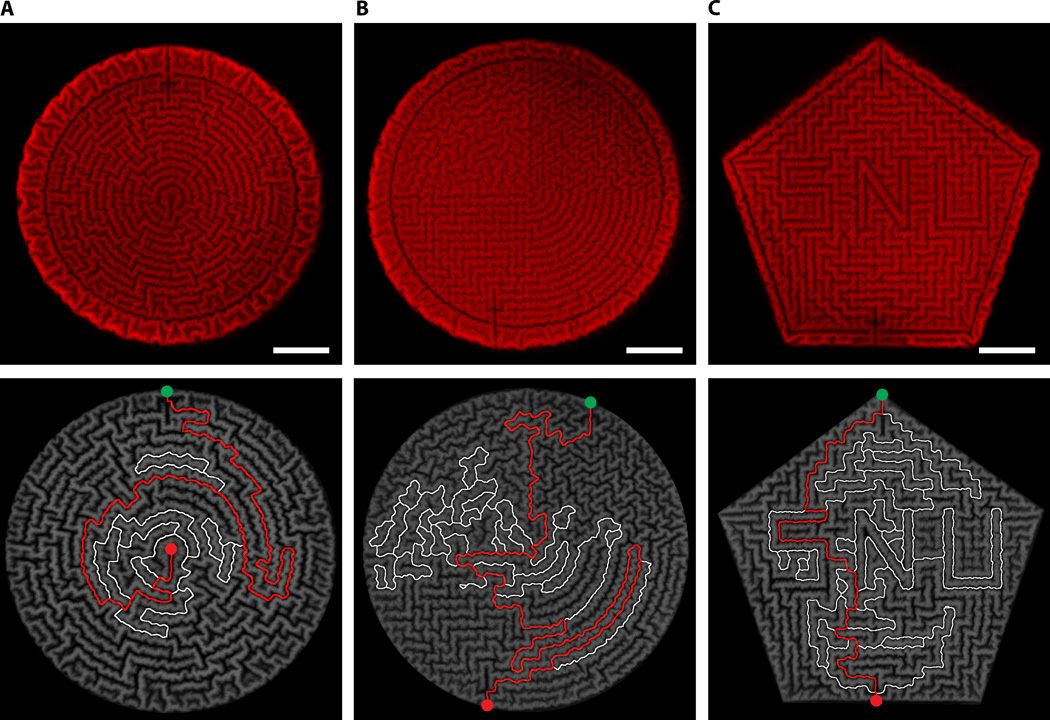Microscopic fingerprints turn plastic particles into security keys
Technical researchers have developed to create unique artificial fingerprint patterns on fine plastic particles to be used as "security keys" in identification techniques, which are less expensive and easier to use than laser engraving.

Plastic prints
Researchers from Korea's Kyung-hae University have developed a technique to create microscopic wrinkles with randomly generated patterns on the surface of plastic particles. Each of these wrinkles is completely unique to use as "imitation security keys" and is less expensive and easier to use than laser engraving.
"It's almost impossible to clone the security keys manufactured by the technology," said Wook Park, a team member for New Scientist. "The secret to high technology security lies in the manufacturing process itself, which involves covering plastic particles with silica and drying them after being immersed in ethanol. The drying process forms wrinkles in the silica layer Covering the treated particles. These wrinkles are the source of the pattern of fingerprints. The randomization of the patterns results from the drying process as well as the presence of dust particles, the presence of impurities in the materials used and the slight variations in temperature.
High-security security measures
Plastic wrinkles are very similar to human fingerprints, especially when viewed closely. These artificial prints may someday replace actual human fingerprints or identity cards. Each set of fingerprints is characterized by a completely unique and reliable pattern to verify a person's identity , Fingerprint-bearing particles can also be added to the property to be tracked or verified.
Researchers have the ability to partially control the formation of unique fingerprint patterns. In the technology, researchers devised a method in which they used light exposure to produce a "point of resolution" - a hardened point in the pattern, in which the wrinkles were curled, terminated or split. The ability to control certain parameters allows information to be shared in a particular fingerprint sequence. For example, a key sequence in a company may have matching parts that open common doors.
The team is currently working on developing a smaller connector that reads electronic information on the plastic surface. Electronic information is the most practical option when using security systems. This development is part of the list of advanced personal identification techniques that have gone beyond fingerprinting. For example, researchers have found that fingerprints or signature signatures can be created for security purposes and may be used in this area. The reader's computers will also enter the security arena. The password will be combined with unique and unique features of the physical movements to ensure a higher level of security. As security threats increase, the development of such technologies will help keep people safe.
Wow that is fascinating
Following your inspirational blog thanks
I'm here to support you
Hello, we feature the BIGGEST LOTTERY on STEEMIT and every month we choose a winner who earns the entire value of our wallet. The current reward is 30$. Send 0.1 SBD to @kryptolottery to enter. Each transaction counts as an entry. More entries -> more chances to win. 10% of the winnings are donated to those in need. Good luck! Sorry to bother you. If you aren't interested please ignore this automated message.
Is the full value of the portfolio fixed
No. The sky is the limit.